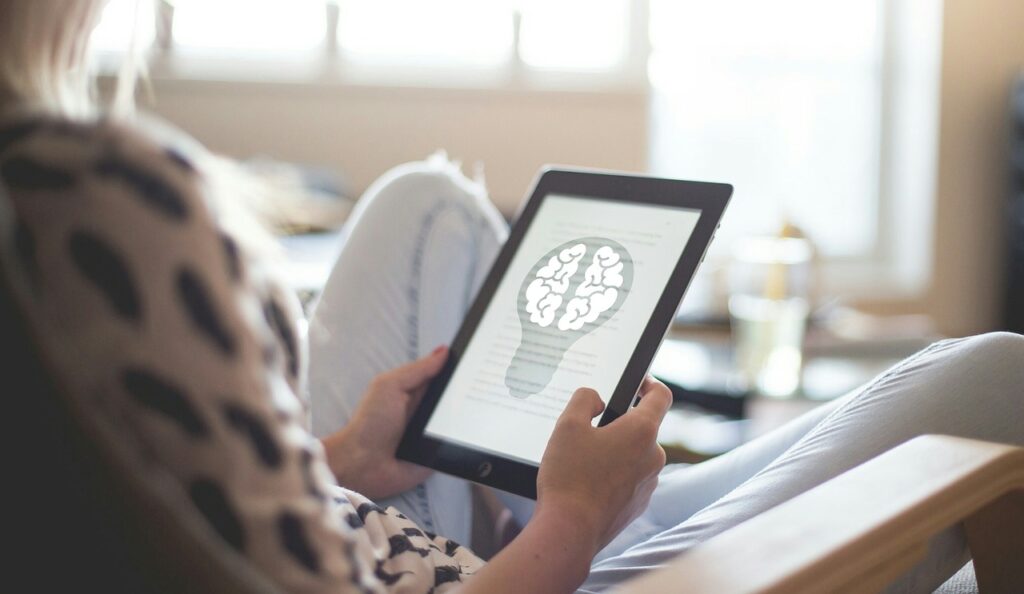Our brains are amazing, complex organs responsible for everything we do, think, and remember. As we navigate through life, we often wish for better memory to recall important information, whether it’s for school, work, or daily tasks. But is it possible to “hack” or improve your own brain to boost your memory? In this article, we’ll explore some straightforward strategies and techniques to enhance your memory without delving into science fiction or harmful methods.

Understanding Memory
Before we talk about “hacking” memory, let’s understand how memory works. Our memory is a complex system that consists of three main stages:
-
Encoding: This is where information is initially recorded. It’s like saving a file to your computer; you need to input or experience something for your brain to store it.
-
Storage: Once you’ve encoded information, your brain stores it in different ways. There are short-term memory and long-term memory. Short-term memory holds recent or temporary information, while long-term memory is like your brain’s “hard drive,” storing knowledge for a long time.
-
Retrieval: This is the process of accessing stored information when you need it. You recall memories or facts to perform tasks or answer questions.
The idea of “hacking” your brain for better memory involves improving each of these stages.
Simple Ways to Enhance Memory
-
Good Sleep: Quality sleep is essential for memory. When you sleep, your brain consolidates information, moving it from short-term to long-term memory. Aim for 7-9 hours of restful sleep each night.
-
Healthy Diet: Your brain needs proper nutrition to function optimally. Foods rich in antioxidants, omega-3 fatty acids, and vitamins are known to support memory. Include fruits, vegetables, fish, and nuts in your diet.
-
Regular Exercise: Physical activity increases blood flow to the brain, which helps with memory. Aim for at least 150 minutes of moderate exercise per week.
-
Mental Stimulation: Keep your brain active with puzzles, games, reading, and learning new skills. This mental exercise can improve memory and cognitive function.
-
Stay Hydrated: Dehydration can negatively affect memory and cognitive function. Drink enough water throughout the day.
-
Reduce Stress: Chronic stress can impair memory. Practice stress-reduction techniques like meditation, deep breathing, or yoga.
-
Stay Social: Engaging in social activities and maintaining strong relationships can help preserve memory and cognitive function.
-
Mindful Learning: When trying to remember something, pay attention and be present in the moment. This can improve encoding and retrieval.
-
Use Mnemonics: Mnemonics are memory aids, such as acronyms or rhymes, to remember information more easily. They can be helpful for remembering lists or sequences.
-
Chunk Information: Break down information into smaller, manageable chunks. This makes it easier for your brain to process and remember.
-
Visualization: Create mental images related to the information you want to remember. These visual cues can aid in memory recall.
-
Frequent Revision: Reviewing information periodically reinforces your memory. Regularly revisit facts or concepts you want to remember.
-
Teaching Others: Explaining a concept to someone else is an effective way to solidify your own understanding and memory.
-
Establish a Routine: Consistency can help with memory. Create a routine for important tasks or information to keep your memory sharp.
-
Use Memory Techniques: Techniques like the method of loci (associating information with specific locations) or the memory palace (mentally visualizing a familiar place and associating information with different objects) can be valuable for improving memory.
-
Healthy Habits: Avoid smoking, limit alcohol consumption, and refrain from using recreational drugs. These substances can harm your memory.
-
Brain Games: Engage in memory-boosting apps or games that are designed to enhance cognitive abilities. These activities can be fun and beneficial.
-
Mindfulness and Meditation: Mindfulness practices can improve attention and memory. Meditating for a few minutes each day can have a positive impact.
Conclusion
While there is no magical “hack” to instantly supercharge your memory, there are plenty of proven, science-backed strategies to enhance it. These techniques involve a healthy lifestyle, mental exercises, and effective learning methods. Implementing these practices in your daily routine can lead to improved memory and cognitive function over time.
Remember that everyone’s brain is unique, and what works best for one person may not work as effectively for another. It’s important to find the strategies that suit you best and create a plan that you can stick to in the long term. Ultimately, the key to boosting your memory is to maintain a healthy body and mind, stay engaged in learning, and adapt to the needs of your individual brain.